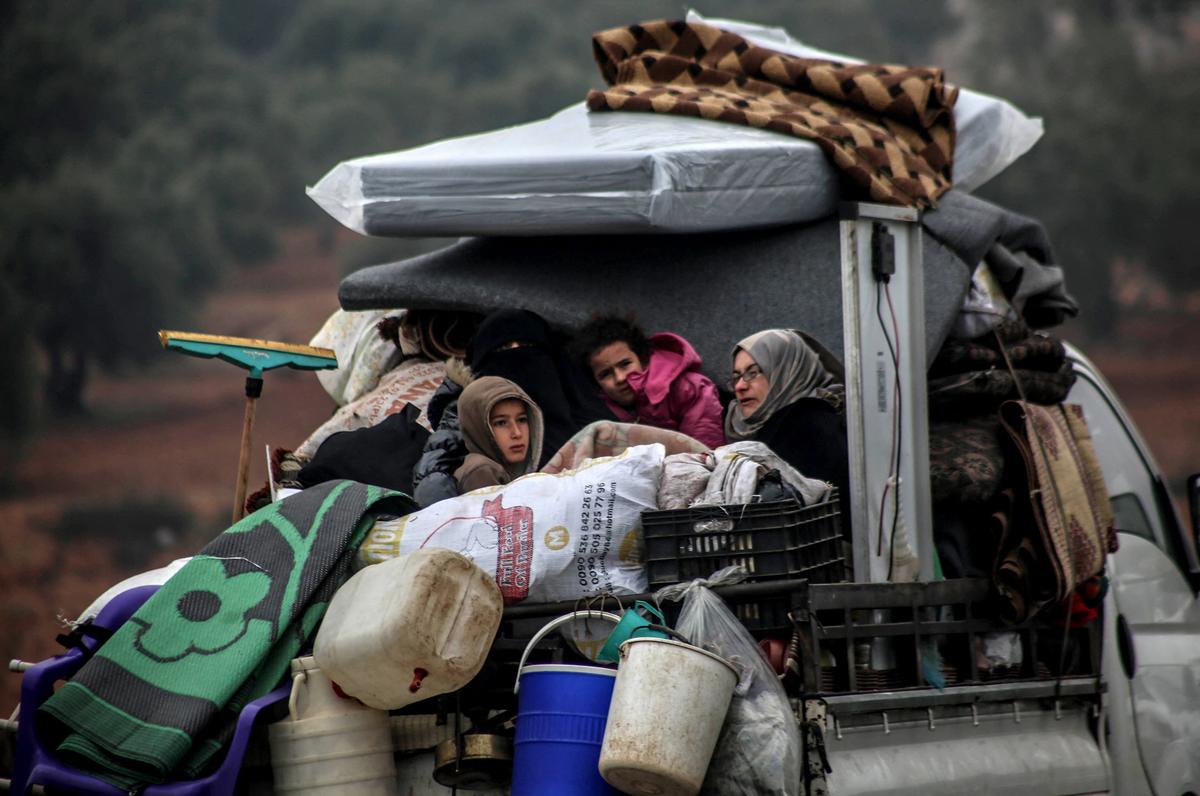UNHCR alarmed by detention of unaccompanied children in Lesvos, Greece
UNHCR alarmed by detention of unaccompanied children in Lesvos, Greece
Earlier this week UNHCR staff visited the detention centre at Pagani on the Greek Island of Lesvos. They were shocked at the conditions in the facility, where more than 850 people are held, including 200 unaccompanied children, mostly from Afghanistan.
The centre has a capacity of 250-300 people. The UNHCR staff described the condition of the centre as unacceptable. One room houses over 150 women and 50 babies, many suffering from illness related to the cramped and unsanitary conditions of the centre.
The Deputy Minister of Health and Social Solidarity has given UNHCR his assurances that all the unaccompanied children at Pagani will be transferred to special reception facilities by the end of the month. The Ministry has already taken some measures to that effect.
The situation in Pagani is indicative of broader problems relating to irregular migration and Greece's asylum system. Last year, UNHCR, with the support of the Greek Ministry of Interior, presented recommendations for a complete overhaul of the asylum system, including specific measures to protect asylum-seeking children. To date, these proposals have not been implemented.
In 2008, the Greek Coast Guard reported the arrival of 2,648 unaccompanied children, but many more are believed to have entered the country undetected. Greece has no process for assessing the individual needs and best interests of these children. While the government has made efforts to increase the number of places for children at specialized, open centres, arrivals outstrip these efforts and children remain in detention for long periods.
UNHCR is participating in an EU funded project that aims to improve reception facilities on the islands of Samos, Chios and Lesvos and at the Evros land border.












